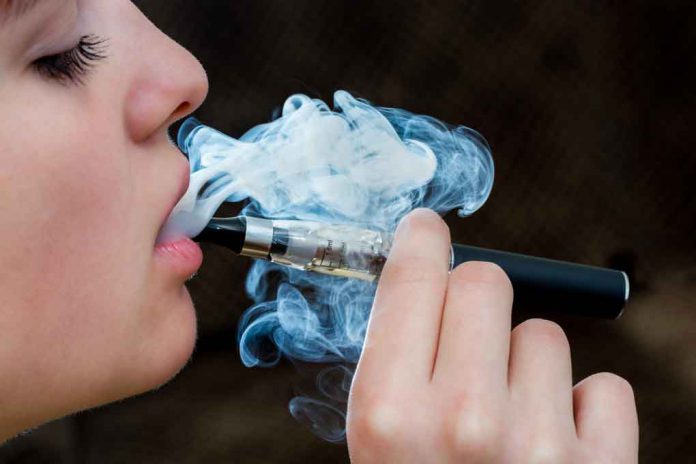
Toronto, ON – October 7, 2024 – A war of words has erupted between the Canadian Vaping Association (CVA) and tobacco control lobbyists over the potential for a nationwide flavour ban on vaping products. The CVA is pushing back against demands for such a ban, arguing that it would have serious negative consequences for public health and actually increase youth vaping.
The controversy stems from an October 4th press conference where tobacco control groups called for a flavour ban and the resignation of Addictions Minister Ya’ara Saks. The CVA contends that these groups are ignoring evidence that vaping is a valuable tool for helping adults quit smoking, and that flavour bans could drive vapers back to traditional cigarettes.
“We must acknowledge and not ignore that more than 1.5 million adult vapers in Canada use flavoured vaping products to stop smoking,” the CVA stated. “We agree underage youth should not vape, however, more needs to be done through education and providing the necessary tools for parents, teachers, coaches, and community members, to understand the underlying issues as to why youth are vaping and providing solutions to solve their nicotine dependence.”
The CVA argues that Canada’s current approach to vaping, which allows for flavours while strictly regulating the industry, is key to achieving the national goal of reducing tobacco use to under 5% by 2035.
Prohibition: A Failed Strategy
Instead of flavour bans, the CVA advocates for stricter enforcement of existing regulations to prevent youth access to vaping products. They point to the success of similar approaches in the cannabis and alcohol industries.
“The most effective strategy to curb youth access is the enforcement of existing regulations,” the CVA emphasized. “This includes imposing substantial fines and suspending licenses for non-compliant businesses, as well as enforcement against the illicit trade.”
They also call for greater efforts to combat illegal sales and marketing of vaping products through social media platforms, where age verification is often bypassed.
Focus on Harm Reduction
The CVA criticizes tobacco control lobbyists for undermining the role of vaping in harm reduction. They cite research from McGill University, published in the American Journal of Medicine, which found that vaping is more effective than traditional nicotine replacement therapies in helping smokers quit.
“Tobacco Control lobbyists can be more accurately described as ‘Anti-Harm Reduction lobbyists’,” the CVA stated. “Governments should avoid relying on groups that undermine Canada’s public health policies.”
Industry Consultation is Crucial
The CVA stresses the importance of consulting with all stakeholders, including the vaping industry, in developing effective public health policies. They warn that the “bullying tactics” of anti-harm reduction lobbyists could lead to a growth in the black market for vaping products, making them more accessible to youth.
“Public health policies affecting millions of Canadians should be based on scientific evidence, academic research and discussions, including all stakeholders, to ensure effective and responsible decision-making,” the CVA asserted.
The debate over vaping regulations in Canada is likely to continue. The CVA’s strong stance against flavour bans highlights the complex issues at play and the need for evidence-based policies that balance public health with individual choice.






